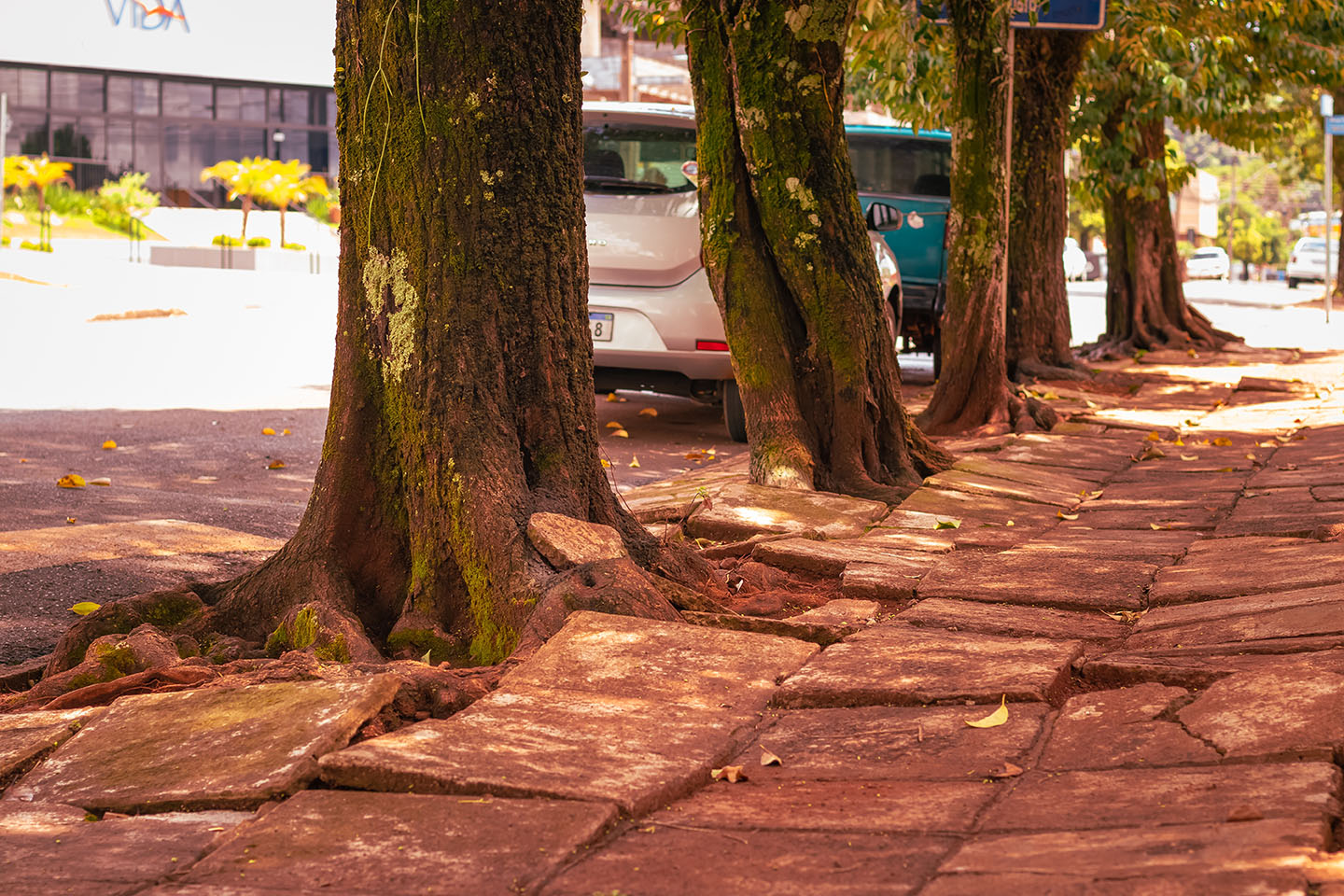

Weathering is the breaking down of rocks and minerals on Earth's surface. It happens all the time, even if you don't see it happening. There are two main types of weathering: physical weathering and chemical weathering.
Physical weathering is when rocks are broken down into smaller pieces without changing their chemical composition. This can happen by things like water freezing and expanding in cracks in the rocks, or by plants and animals growing in the rocks and pushing them apart.
Chemical weathering is when rocks are broken down by chemical reactions. This can happen by things like water dissolving the rocks, or by acids in the soil reacting with the rocks.
Weathering is important because it helps to create new soil, which plants need to grow. It also helps to shape the landscape, by creating mountains, valleys, and other landforms.
The weathering of rocks is a natural process.

Noun: the process by which rocks are broken down and changed by the actions of the atmosphere, water, and ice.
Verb: to break down or change rocks by the actions of the atmosphere, water, and ice.
The word "weathering" comes from the combination of the words "weather" and "-ing".
The word "weather" comes from the Old English word "weðer", which means "wind" or "atmosphere".
The suffix "-ing" is a suffix that means "the action of" or "the state of being".
The first recorded use of the word "weathering" was in the 17th century.
What is weathering?